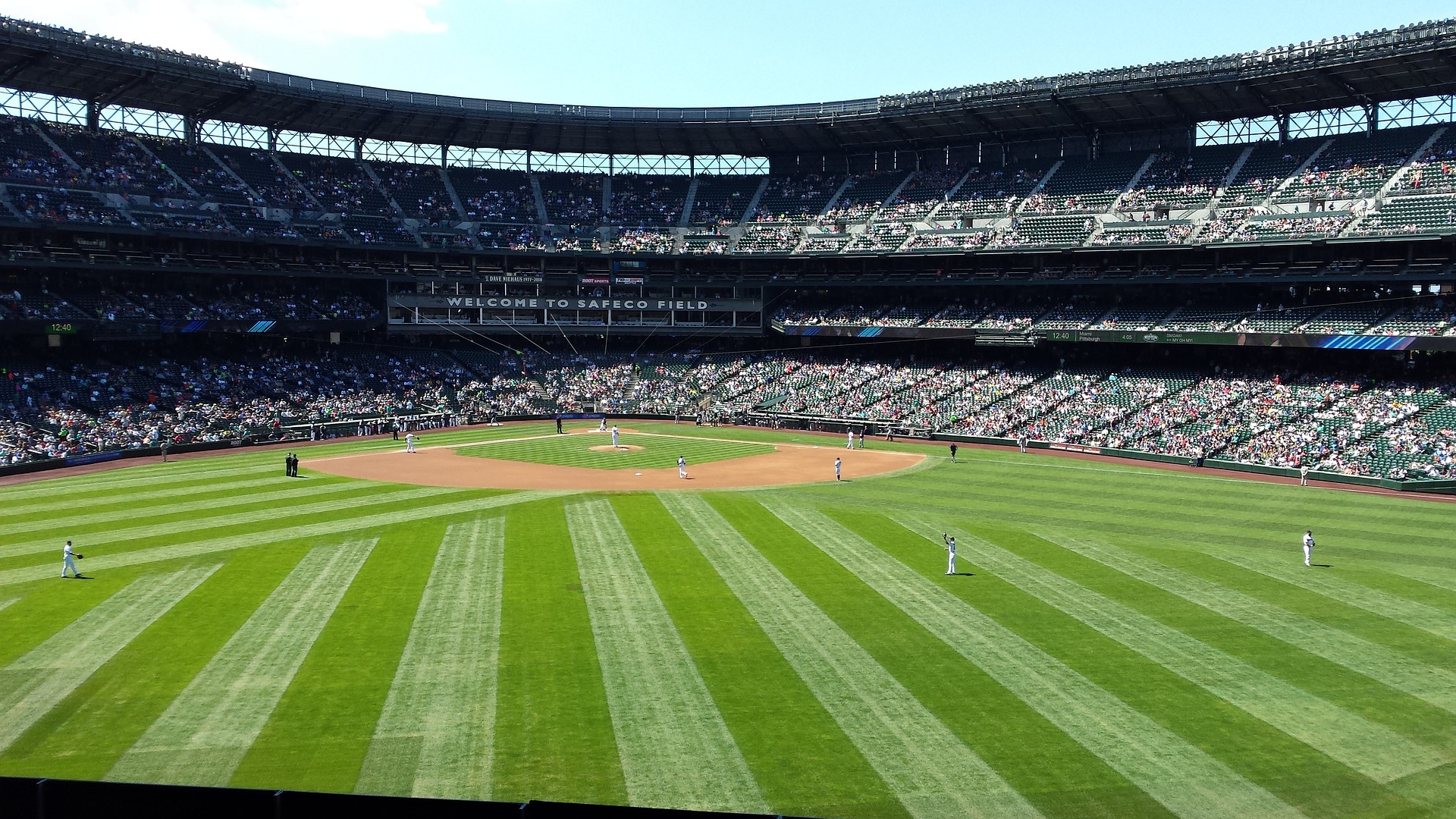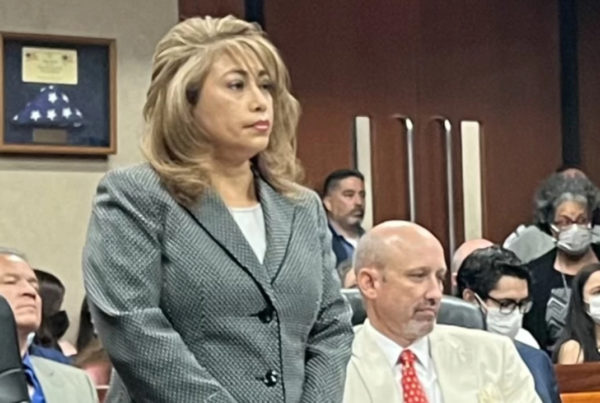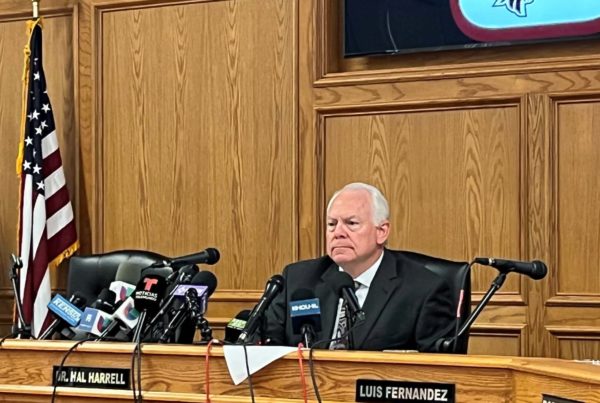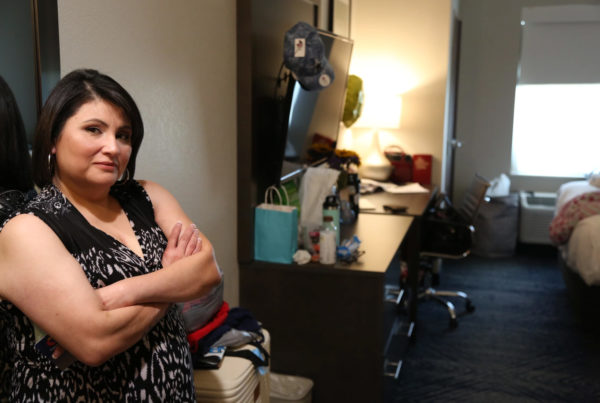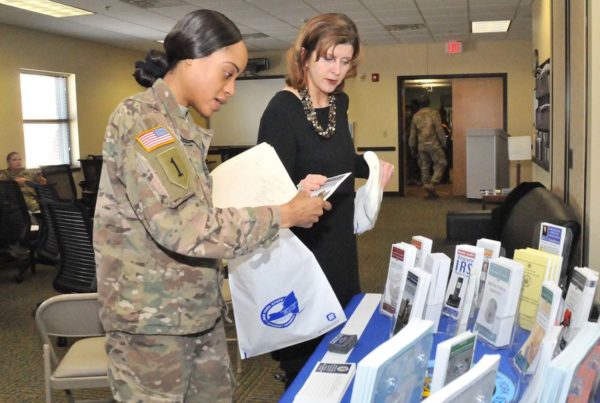A new book highlights the stories and contributions of lesser-known players – known as grinders – in professional baseball leagues.
“Grinders: Baseball’s Intrepid Infantry” tells dozens of stories of professional ball players who often faced forces such as discrimination, injury and disappointment throughout their professional careers.
The authors, Mike Capps and the late Chuck Hartenstein, are no strangers to the world of baseball: Hartenstein played in several teams for the major leagues, and Capps works as a radio host for the triple-A Round Rock Express. Both have seen firsthand the hard work the so-called grinders undergo to maintain their baseball careers and sought to honor their contributions to the sport.
Capps spoke with the Texas Standard about some of the stories that stood out to him while writing and what he hopes readers will take away from the book. Listen to the story above or read the transcript below.
This transcript has been edited lightly for clarity:
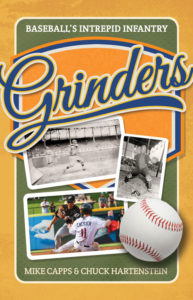 Texas Standard: What makes a grinder, a grinder?
Texas Standard: What makes a grinder, a grinder?
Mike Capps: Let’s just say that Major League rosters have 26 to 28 players, and there are sometimes no more than two or three stars on those teams like Aaron Judge. Everybody else usually fits the role of grinder, and we’re talking about pitchers, catchers, position players. A lot of them are up and down and back and forth between triple-A, where I broadcast, [and the] Major Leagues. And so many of them came from situations where baseball scouts told them they would never play. And yet their persistence, their courage, the drive they have is just tremendous.
We see this kind of behavior not just in baseball, but all through life. If you’re a single parent and you’re working two jobs trying to make a living, you’re a grinder. It plays out in all facets of our lives. You know people for years who were told no, and yet they came back with a vengeance and became really, really good at what they do. That’s what baseball grinders are all about.
I know that you talked with several players for this book. And I would imagine that a lot of those players understand how this game is played in a sort of a metaphysical sense– that is to say, you know, the Aaron Judges of this world get attention because they’re perceived as being at the pinnacle of what it is that they do. What sort of stories were you hearing when you were talking to some of these grinders, as you characterize?
Well, how about the Black players? We interviewed 70 people and chose 43 of the 70, and the Black players who played in the minor leagues trying to get to the big leagues in the years of Jim Crow South – the stories are riveting. Shotguns to throats, death threats during games, wives who refused to leave the white sections of ballparks, creating havoc – that sort of thing. Guys who fought in Vietnam, guys who fought in World War II. There’s a player that we talked about named Hank Bauer, who played years and years for the Yankees with shrapnel wounds from leading Marines on to Saipan and other places in the South Pacific. [He] played 12 years with shrapnel in both calves and his back. That’s a grinder.
And [with] stories like this, just for some reason, baseball carries these guys, but not a lot of people know about them. For instance, nobody knew anything at all about a guy named Kevin Millar. He was from California. A coach at Lamar University signed him. Major League scouts began looking at him. He couldn’t run a lick, but he could hit like heck, and he played in the World Series for the Boston Red Sox and became a leader on the Red Sox.
You have a section about family, and you write about the Hairstons, a third-generation baseball family that started with Sam Sr., who played in the Negro League. Tell us a little bit more about that story.
Sam was an amazing young man. At age 14, he left home in Alabama, went to Birmingham, went to work at a foundry, and became a member of a foundry team that was really, really good. He attracted scouts and especially by Negro Leagues – guys weren’t getting signed by the Major Leagues when Sam came out. He fathered sons, one of whom played 17 years in the big leagues, and that fellow fathered two sons who played in the big leagues for 14 and 17 years each. Now, the two grandsons have sons, [and] we’re talking about the potential for four generations and not just three in the big leagues. And it’s because Sam had the courage at age 14 to go make a living for his family and found baseball.
The beautiful thing about this whole story is, they are not superstars, but they were told by their dad, Sam, we are just common people. We have to deal with ourselves as being common people, [as] being folks who are just thankful that they get to make a living playing baseball, and we have to pass our happiness on to others like that. That story just has been a huge, huge part of what we did.
You know, it’s interesting because as you were describing the Hairstons, you’re describing a dynasty. And, you know, we talk about dynasties, but this is in a very real human way; this is an ongoing dynasty. And I think that the message will resonate with a lot of people who have experienced times in their lives when they’ve been working for something, they’re proud of their work, but they don’t get the spotlight for it. What is it that you’re hoping people will take away from this book?
That, you know, as a human being, you’re breathing air every day. And if you can feed yourself, you can grind your way into being something better than you ever, ever, ever believed you could be. And it’s all what’s in your heart, what’s in your soul, and what you feel like you are destined to do. You can make it happen. You really can.
Maybe there’s something here, too, for the fans. I mean, you take on a different perspective when you start to think about those individuals and not just sort of that team out there on the field in the color of whatever their jerseys are.
Yeah, well, there’s no question. And that’s one of the reasons we wrote this book, the late Chuck Hartenstein and myself, because Chuck was a grinder in major league and minor league baseball. And he just exuded love for this game like no one I ever met. I had a cousin who played for years and scouted for years and he signed Chuck, so Chuck and I had been friends forever.
But Chuck’s whole deal was, look, I love your idea. I love your concept because most people know about stars. They don’t know anything about us. Chuck had no money growing up. He learned to play baseball, throwing rocks at a target in his wooden garage in Seguin, Texas, and he turned that into a baseball career. Now, that’s got to resonate with fans – stories like this, people who were told no and simply refused to accept no.


